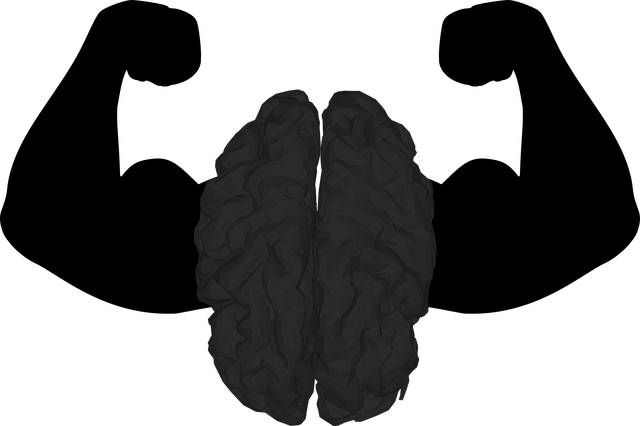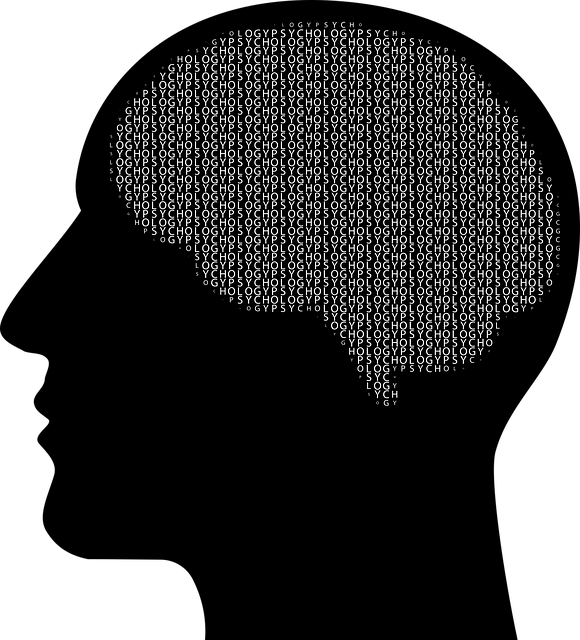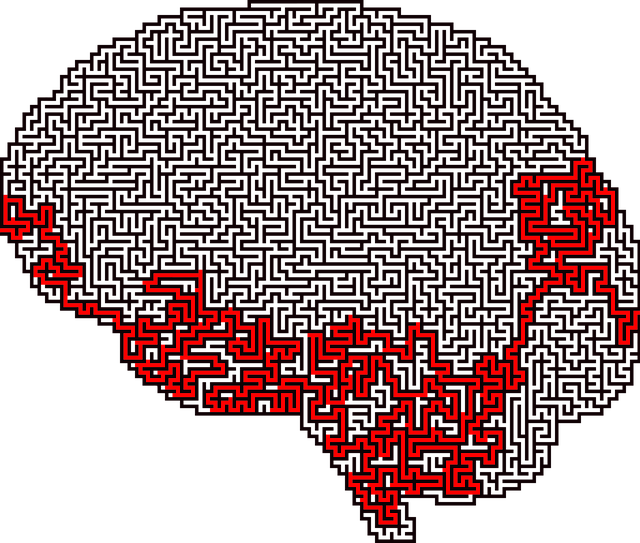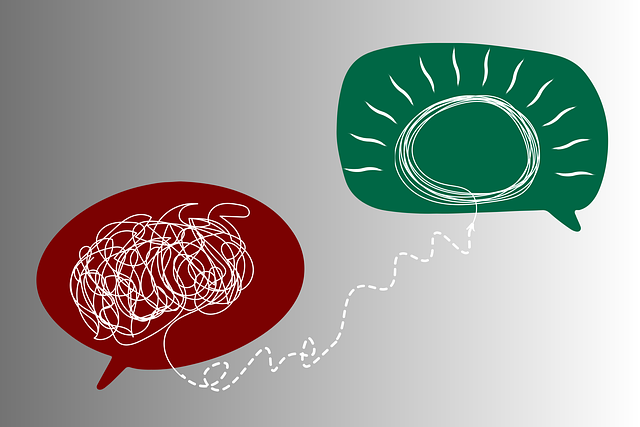In today's digital age, media portrayal of mental health significantly impacts public perception, with current depictions often perpetuating stereotypes or even harming individuals struggling with mental illness. This hinders access to support, particularly in areas like Highlands Ranch where communication challenges around mental health are common. To address this, a comprehensive approach is needed involving content creators, healthcare providers, and the public. This includes enhancing self-esteem, coping skills, and cultural competency training for professionals. Through fostering nuanced understanding, we can encourage open dialogue about mental health, reduce stigma, and improve access to effective Highlands Ranch Couples Communication Issues Therapy.
In today’s digital age, media plays a pivotal role in shaping public perception of mental illness. However, inaccurate representations and stereotypes can perpetuate harmful stigmas. This article explores strategies to challenge these narratives, focusing on key areas such as understanding the impact of media portrayal, dismantling stereotypes, promoting empathy through real-life stories like Highlands Ranch couples facing communication issues, offering therapy options, and empowering positive change through awareness and education. By examining these aspects, we aim to foster a more supportive environment for mental health.
- Understanding Mental Illness Representation in Media: A Necessary Shift
- The Impact of Stereotypes and Misinformation on Society's Perception
- Highlands Ranch Couples: Navigating Communication Issues with Empathy
- Therapy Options for Addressing Stigma and Promoting Healing
- Empowering Positive Change through Awareness and Education
Understanding Mental Illness Representation in Media: A Necessary Shift

In today’s digital age, media plays a pivotal role in shaping public perception about mental health issues. Understanding and accurately representing mental illness in media is a crucial shift necessary to combat stigma and promote awareness. Often, media portrayals of mental health conditions are stereotypical, simplistic, or even harmful, contributing to the marginalization of individuals struggling with these issues. This misrepresentation can hinder access to support for those in need, especially in communities like Highlands Ranch where couples may face unique communication challenges related to mental health.
A comprehensive approach is required to address this problem, involving not just content creators but also healthcare providers and the public. Improving self-esteem and developing coping skills are essential components of this shift. Healthcare provider cultural competency training can ensure professionals are equipped to offer sensitive support while navigating the complexities of different cultural perspectives on mental health. By fostering a more nuanced understanding in media and within communities, we can create an environment that encourages open dialogue about mental illness, fosters empathy, and promotes effective Highlands Ranch couples communication issues therapy.
The Impact of Stereotypes and Misinformation on Society's Perception

The media’s portrayal of mental illness often reinforces stereotypes and misinformation, significantly impacting society’s understanding and acceptance. When media characters with mental health struggles are depicted, they are frequently reduced to simplistic tropes—the crazy villain or the sympathetic victim. This one-dimensional representation fails to capture the complex nature of mental wellness issues and hinders progress in challenging stigma. As a result, audiences may develop skewed perceptions, leading to further isolation for individuals facing similar challenges.
Highlands Ranch couples communication issues and therapy can be effective tools in combating these stereotypes. By sharing authentic stories and promoting open dialogue about mental health, communities like Highlands Ranch can foster resilience building and mental wellness coaching programs development. Additionally, stress reduction methods encouraged through local initiatives contribute to a healthier society, where individuals are more inclined to seek help without fear of judgment or misunderstanding.
Highlands Ranch Couples: Navigating Communication Issues with Empathy

In Highlands Ranch, many couples face challenges related to communication, often stemming from underlying mental health issues. These problems can be particularly tough to navigate as they impact not just individuals but also their intimate relationships. However, with empathy and understanding, these communication issues can be successfully addressed. Therapy plays a pivotal role in this process by providing a safe space for partners to openly discuss their struggles without fear of judgment.
The Mental Wellness Podcast Series Production offers valuable insights into emotional regulation and mindfulness meditation techniques that couples can incorporate into their daily routines. By learning and practicing these skills, Highlands Ranch couples can enhance their communication, deepen their connection, and better support each other through mental health challenges. This holistic approach not only strengthens relationships but also contributes to overall mental wellness for both partners.
Therapy Options for Addressing Stigma and Promoting Healing

Addressing mental illness stigma requires a multifaceted approach, and therapy plays a pivotal role. In Highlands Ranch, couples communication issues therapy has emerged as a powerful tool to combat stigma and promote healing. This form of therapy focuses on improving communication between partners, fostering understanding, empathy, and effective conflict resolution techniques. By learning emotional intelligence, couples can navigate sensitive discussions about mental health with grace and support, thereby reducing the likelihood of stigmatizing behaviors.
Additionally, therapists often integrate stress reduction methods tailored to each individual’s needs. Techniques such as mindfulness meditation, cognitive-behavioral therapy (CBT), and other evidence-based practices help clients manage symptoms and develop coping strategies. This holistic approach not only addresses the immediate concerns but also equips individuals with long-term tools to maintain mental well-being, challenging societal norms that contribute to stigma along the way.
Empowering Positive Change through Awareness and Education

Mental illness is often portrayed negatively in media, perpetuating stereotypes and contributing to stigma. However, there’s a growing movement towards more accurate and empathetic representations that can lead to empowered positive change. By raising public awareness through thoughtful storytelling and educational initiatives, we can foster understanding and support for individuals facing mental health challenges. This includes promoting conversations around emotional intelligence and encouraging cultural competency training for healthcare providers.
In Highlands Ranch or any community, Couples Communication Issues can be a significant aspect of mental illness that impacts relationships. Therapy becomes a powerful tool when both partners are educated on mental health and equipped with strategies to navigate these issues together. Public Awareness Campaigns play a pivotal role in this development by humanizing experiences, challenging misconceptions, and encouraging early intervention. Ultimately, through collective efforts, we can create an environment where everyone has access to the support they need for better mental well-being.
In addressing mental illness representation in media, a collective shift is necessary to challenge stereotypes and misinformation. As seen in the case of Highlands Ranch couples navigating communication issues, empathy plays a crucial role in breaking down barriers. Through therapy options that target stigma and promote healing, we can foster an environment conducive to positive change. By raising awareness and educating society, we empower individuals affected by mental health struggles, ultimately enhancing support systems like those found in Highlands Ranch, and beyond.














